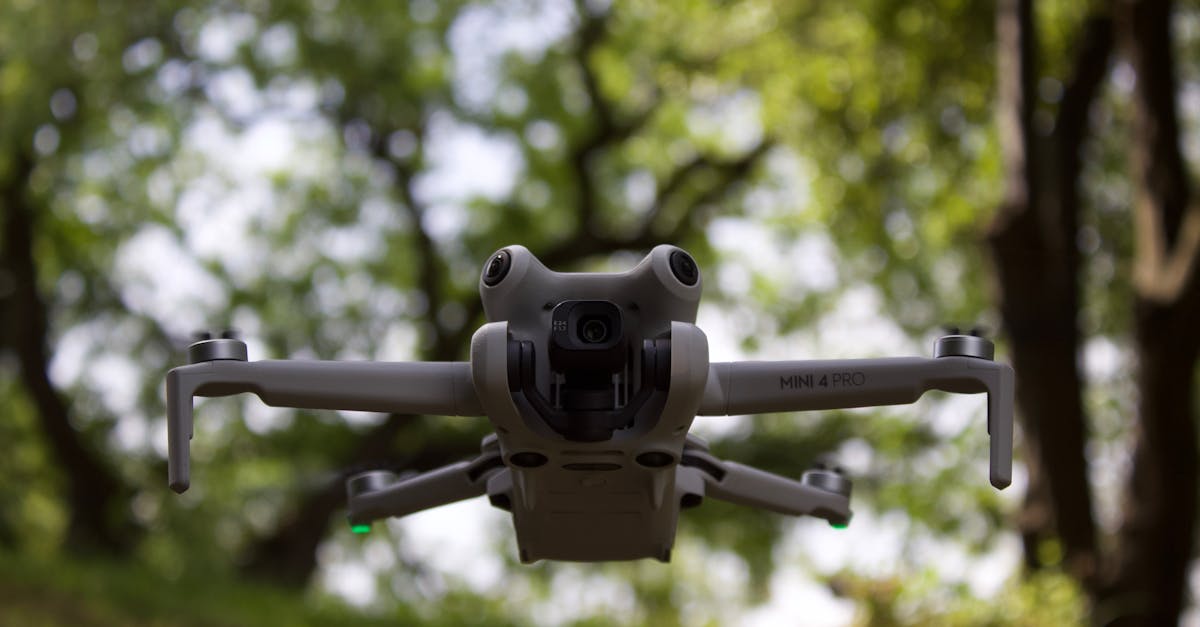In a constantly evolving professional environment, leaders are often faced with complex situations that require refined negotiation skills. Advanced negotiation techniques provide managers with powerful tools to influence, persuade, and reach beneficial agreements. Mastering these strategies allows for achieving goals while fostering healthy, sustainable relationships. By integrating practices such as active listening, meticulous preparation, and respecting different points of view, leaders can skillfully navigate the world of negotiation and achieve optimal results for their team and organization.

Advanced negotiation techniques play a crucial role for leaders looking to excel in their field. They go beyond basic methods by offering sophisticated strategies that allow for managing complex situations and maximizing results. Whether negotiating contracts, resolving conflicts, or persuading stakeholders, a leader must master these skills to achieve their objectives while maintaining a trusting relationship.
Preparation is the key element of advanced negotiation techniques. Before even starting a discussion, it is essential to clarify one’s own objectives, understand the balance of power, and anticipate the needs and motivations of the other party. This phase includes researching information about the subject to be negotiated, as well as assessing the emotional and ethical stakes that could influence the process. A savvy leader knows that knowledge is a strategic asset in any negotiation.
One of the methods often emphasized in training is the importance of active listening. Knowing how to listen not only to the words but also to the body language and emotions of the other party helps build a collaborative atmosphere. This aids in detecting underlying interests and concerns, thereby facilitating win-win solutions. This approach fosters a positive dynamic, essential for establishing lasting relationships.
Another fundamental principle is the concept of influence negotiation. Leaders must learn to subtly influence their interlocutors without resorting to aggressive tactics. This involves using logical argumentation, authenticity, and integrity. By inspiring trust, a leader creates an environment where the other party is more willing to cooperate and find common ground.
Managing timing is also crucial in advanced negotiation. Knowing when to make an offer, when to pause, or even when to conclude is essential. A savvy leader must be attentive to the pace of the negotiation and the mindset of the participants to adapt their approach and optimize the chances of success. A strategic pause can sometimes allow parties to reflect and return with a renewed perspective.
In addition, using persuasion techniques is essential. Leaders must be able to present their ideas convincingly while respecting opposing views. This includes the art of storytelling, a technique that can reinforce an argument while capturing the audience’s attention. Sharing similar experiences helps establish a connection and humanize the negotiation process.
Finally, leaders must learn to formalize agreements clearly and precisely. This involves drafting documents that accurately reflect the agreed-upon terms. Clarity prevents future misunderstandings and contributes to the longevity of the agreement. By integrating all these advanced negotiation techniques, leaders not only succeed in their missions but also reinforce their position as true strategic partners in the business world.

FAQ on Advanced Negotiation Techniques for Leaders
What are advanced negotiation techniques? Advanced negotiation techniques include strategies such as influence negotiation, active listening, and meticulous preparation before each meeting.
How can a leader improve their negotiation skills? A leader can improve their skills by adopting structured methods, developing an understanding of their own negotiation style, and regularly practicing these skills in various situations.
Why is it important to listen during a negotiation? Listening carefully allows for a better understanding of the needs and motivations of the other party, which can lead to mutually beneficial solutions.
What are the key steps in a successful negotiation? Key steps include clarifying objectives, evaluating the balance of power, and formulating a battle plan before entering negotiations.
How to handle delicate conversations? It is essential to remain calm, be respectful, and adopt a collaborative approach to successfully navigate difficult conversations.
What are the main negotiation styles? The main negotiation styles include collaboration, competition, compromise, avoidance, and accommodation, each having its own advantages and disadvantages.
What is the importance of ethics in negotiation? Ethics play a crucial role in negotiation as they establish a climate of trust and respect, thus fostering lasting agreements.
How to prepare for a negotiation effectively? Effective preparation involves clearly defining your objectives, researching information about the other party, and determining your limits and margins for maneuver.
What are common mistakes to avoid during a negotiation? Avoiding mistakes such as lack of preparation, impatience, and neglecting the emotions of the other party can be decisive for the success of a negotiation.
How to use timing to succeed in a negotiation? Timing is essential: choosing the right moment to address a topic or make an offer can maximize the chances of success in negotiation.












